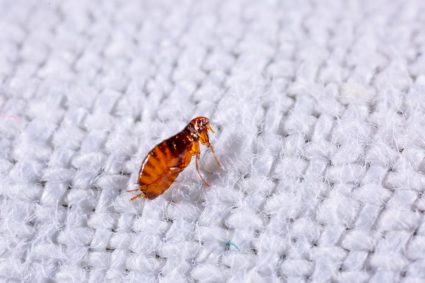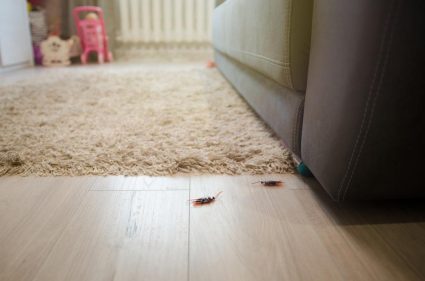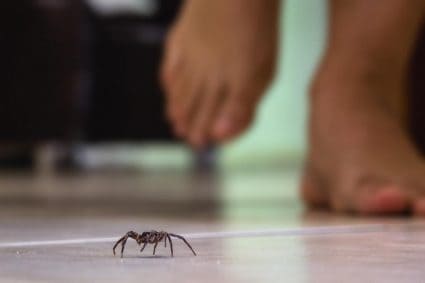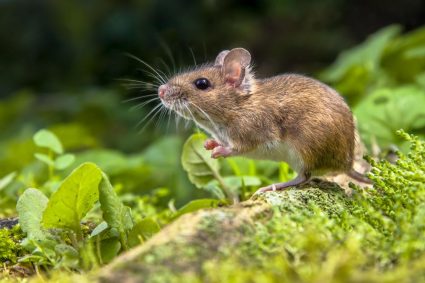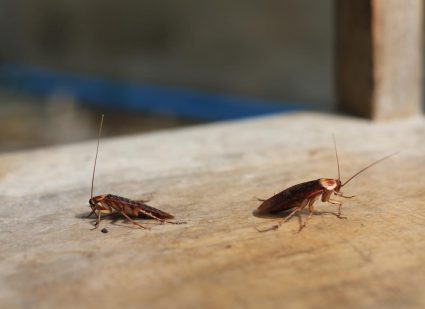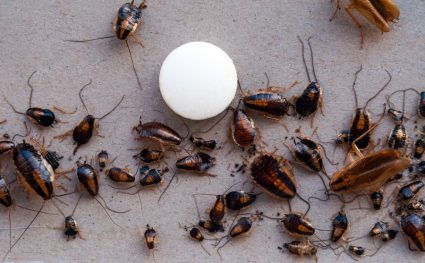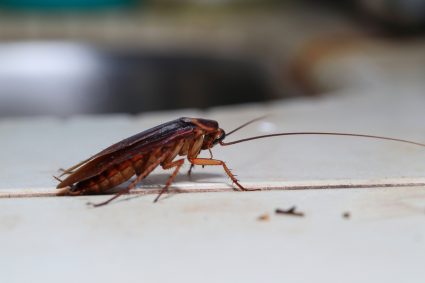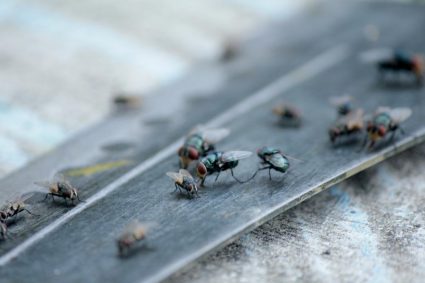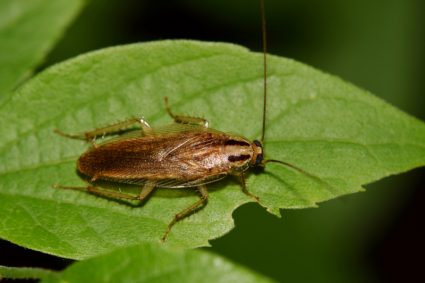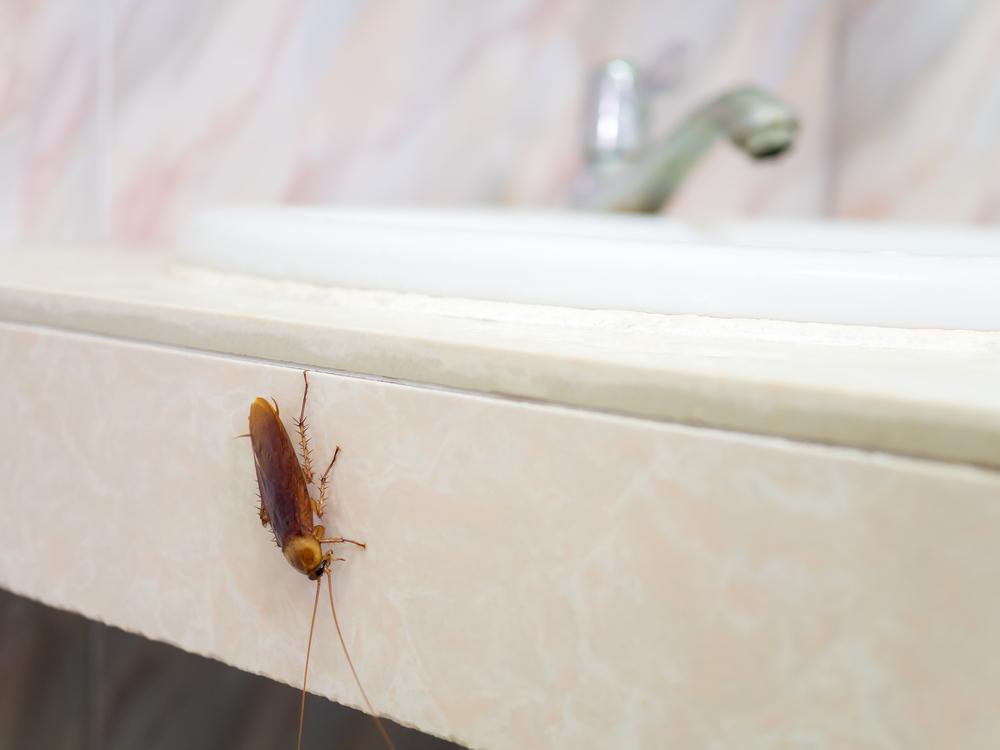
German cockroaches, scientifically known as Blattella germanica, are common pests found across the globe. They thrive in human habitats, and their ability to survive in various conditions makes them a persistent problem. One of the key survival factors for these pests is water. But how long can German roaches live without water? Let’s delve into the details.
German cockroaches, one of the most common pest species, can survive for about a week without water. However, certain factors such as the presence of moving air and lower temperatures may extend this survival period. Despite several misconceptions, they cannot survive without water for a long time.
The Lifespan of German Roaches
On average, a German cockroach lives for about 100 days, although this can vary depending on factors such as temperature, diet, and injuries. The German cockroach typically lives for five to seven months after reaching adulthood. However, it’s important to note that their entire life cycle, from egg to adult, spans approximately 100 days.
Survival Without Water
German cockroaches can survive many weeks without food, but they can only live for about a week without water. These insects are susceptible to dehydration, and their survival depends on access to water sources. But, certain factors such as the presence of moving air and lower temperatures may extend this survival period.
Key Survival Mechanisms
German cockroaches employ several key survival mechanisms when deprived of water:
- Adaptation to water deprivation: German cockroach nymphs are more capable of surviving prolonged periods of water deprivation compared to other cockroach species.
- Metabolic water production: They can produce and utilize extra metabolic water from food, which helps them survive in environments with limited water availability.
- Tolerance to dry conditions: German cockroaches are more tolerant of dry conditions than other cockroach species.
- Thigmotaxis: They exhibit thigmotaxis, preferring to be in contact with surfaces, which helps them conserve water by reducing water loss through their cuticle.
Impact on Reproduction
While there is no direct evidence on how lack of water affects the reproduction cycle of German cockroaches, it is likely that water deprivation would have a negative impact on their overall health and, consequently, their reproductive capabilities.
Common Misconceptions
Several misconceptions exist about German cockroaches and their ability to live without water. For instance, it is a myth that cockroaches can survive without water for a long time. In reality, adult German cockroaches can survive up to a month without food, but they will die within two weeks without water.
Pest Control Strategies
Understanding the German cockroach’s reliance on water can help form effective pest control strategies. By eliminating their access to water sources, you can help control their populations. An integrated pest management (IPM) approach, which includes sanitation, inspection, chemical control, and monitoring, should be used for complete control of German cockroach populations.
Health Risks
German Roaches pose several health risks due to their ability to spread diseases and contaminate food. They can carry harmful bacteria such as Salmonella, E. coli, and other pathogens that can cause food poisoning, dysentery, and diarrhea. They can also trigger allergic reactions and asthma attacks.
In conclusion, while German roaches can survive for a week without water, their populations can be effectively controlled by limiting their access to water sources. Understanding this aspect of their biology is crucial in managing and eliminating these persistent pests.
Frequently Asked Questions
What are some common signs of a German cockroach infestation?
Some common signs of a German cockroach infestation include seeing live or dead roaches, finding their droppings (which resemble ground coffee or black pepper), noticing a musty smell, and discovering their egg cases, which are small, dark, and oval.
Can German cockroaches fly?
While German cockroaches have wings, they rarely fly. Instead, they prefer to run and are very fast movers.
What attracts German cockroaches to homes?
German cockroaches are attracted to homes because they provide food, water, and shelter. They are particularly attracted to areas where food is prepared and stored, such as kitchens.
Can German cockroaches survive in cold temperatures?
German cockroaches prefer warm and humid environments. They can survive in cooler temperatures, but they will not thrive.
Are German cockroaches harmful to pets?
While German cockroaches are not directly harmful to pets, they can contaminate food and spread diseases, which could potentially harm pets. Additionally, some pets may have allergic reactions to cockroaches.

